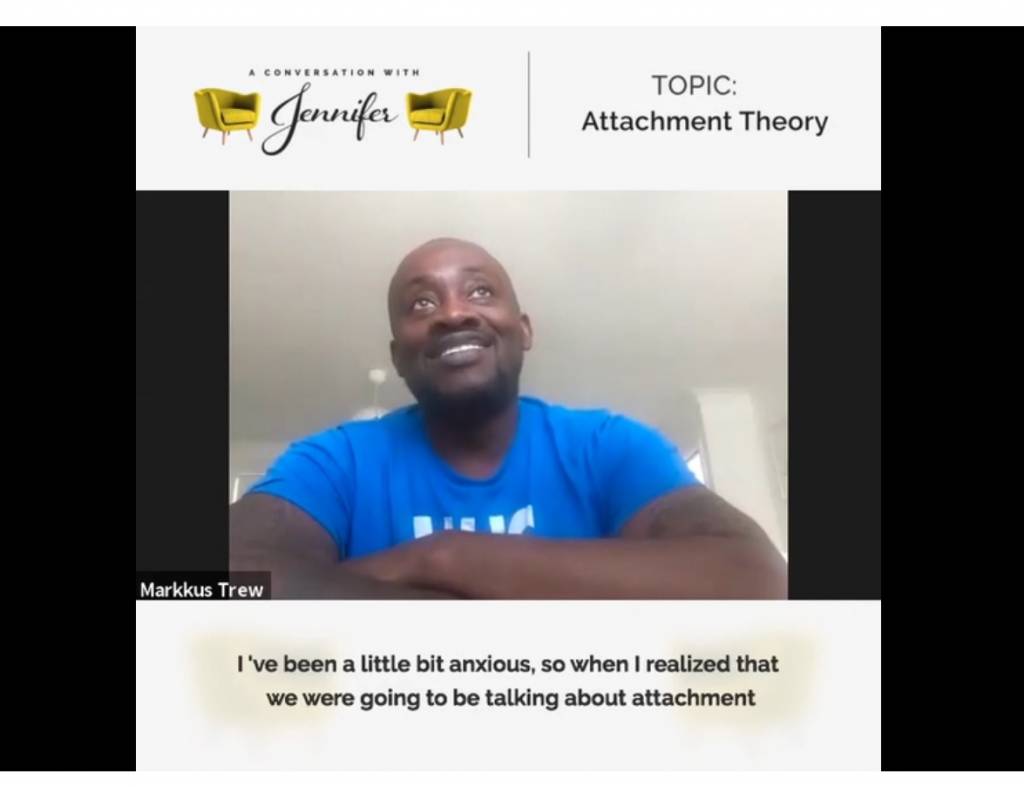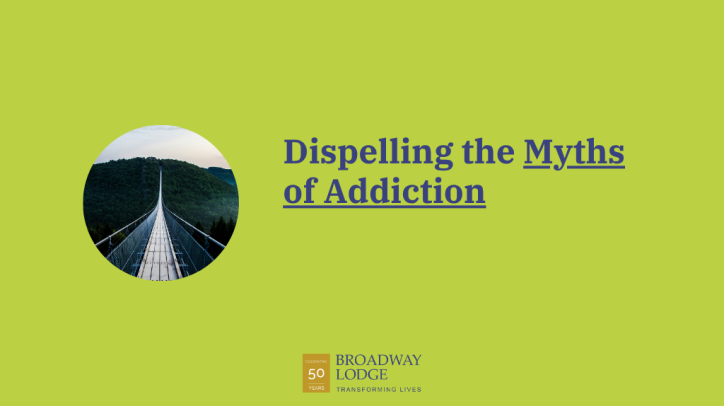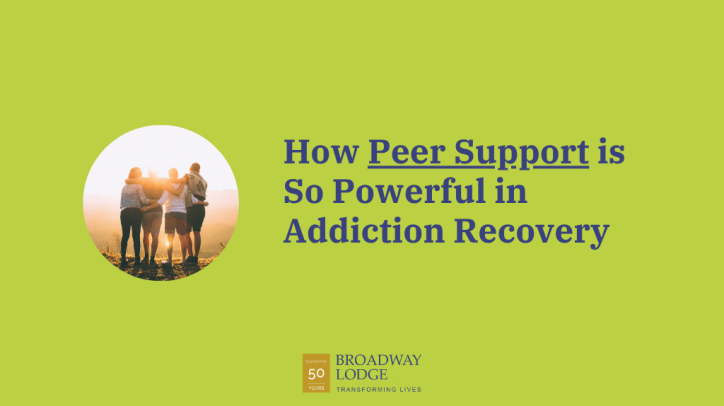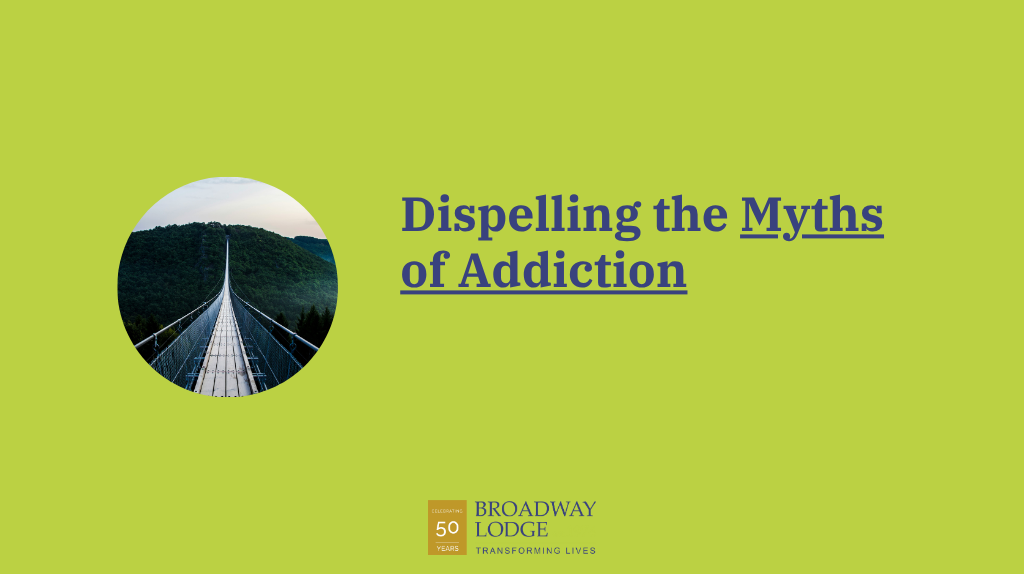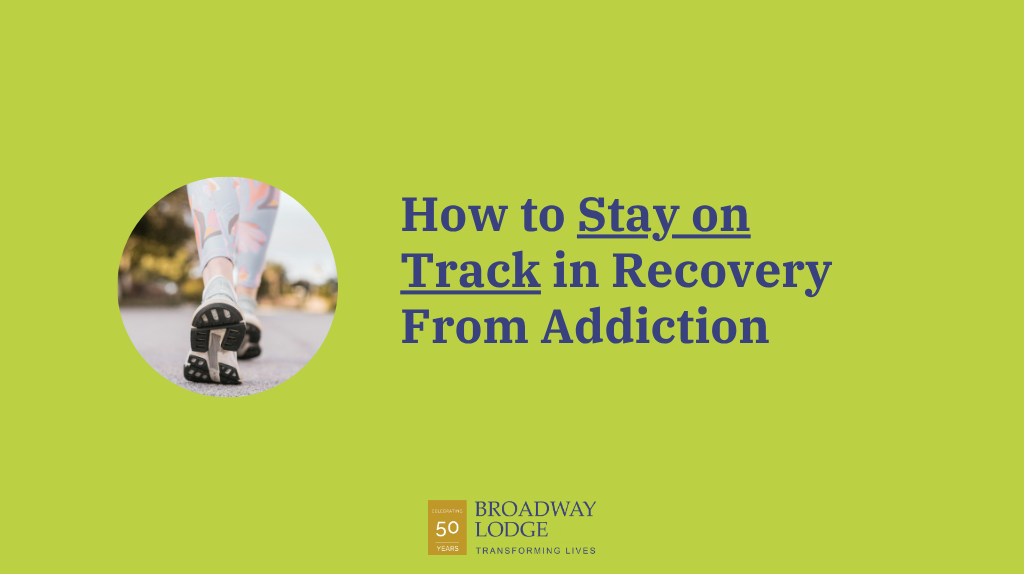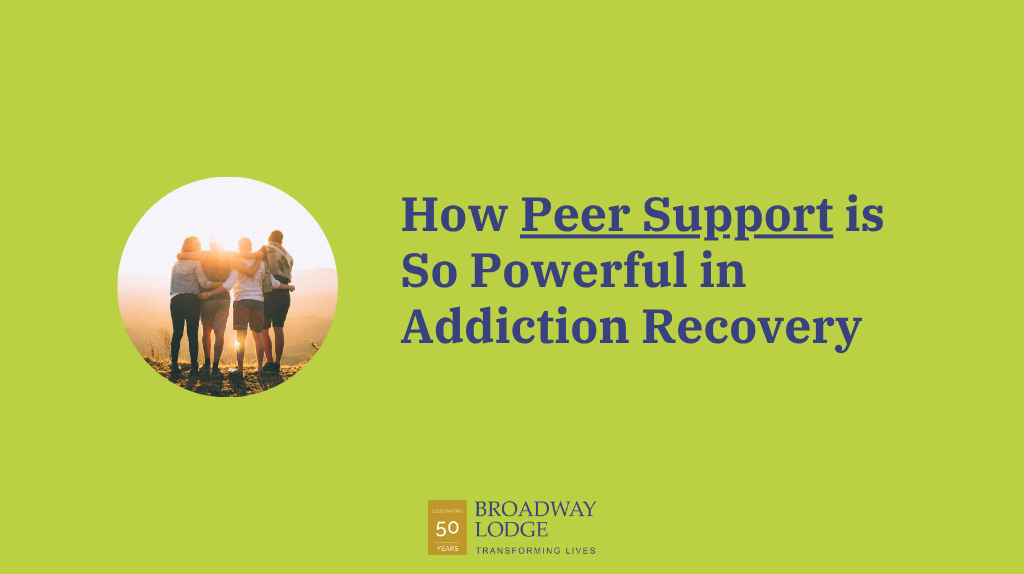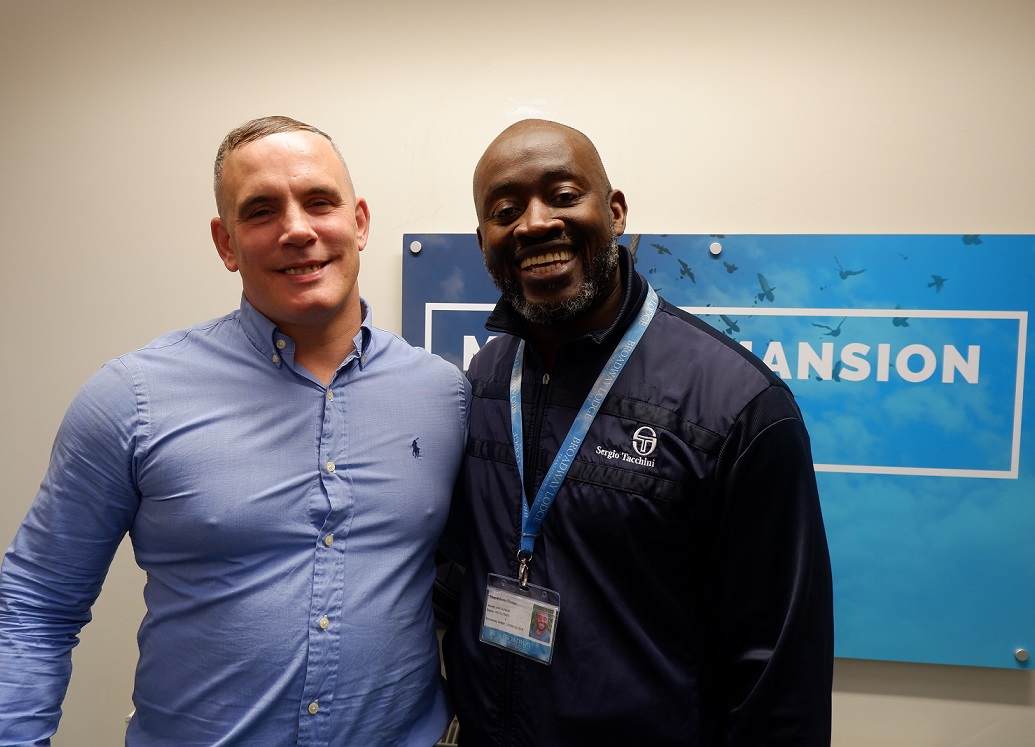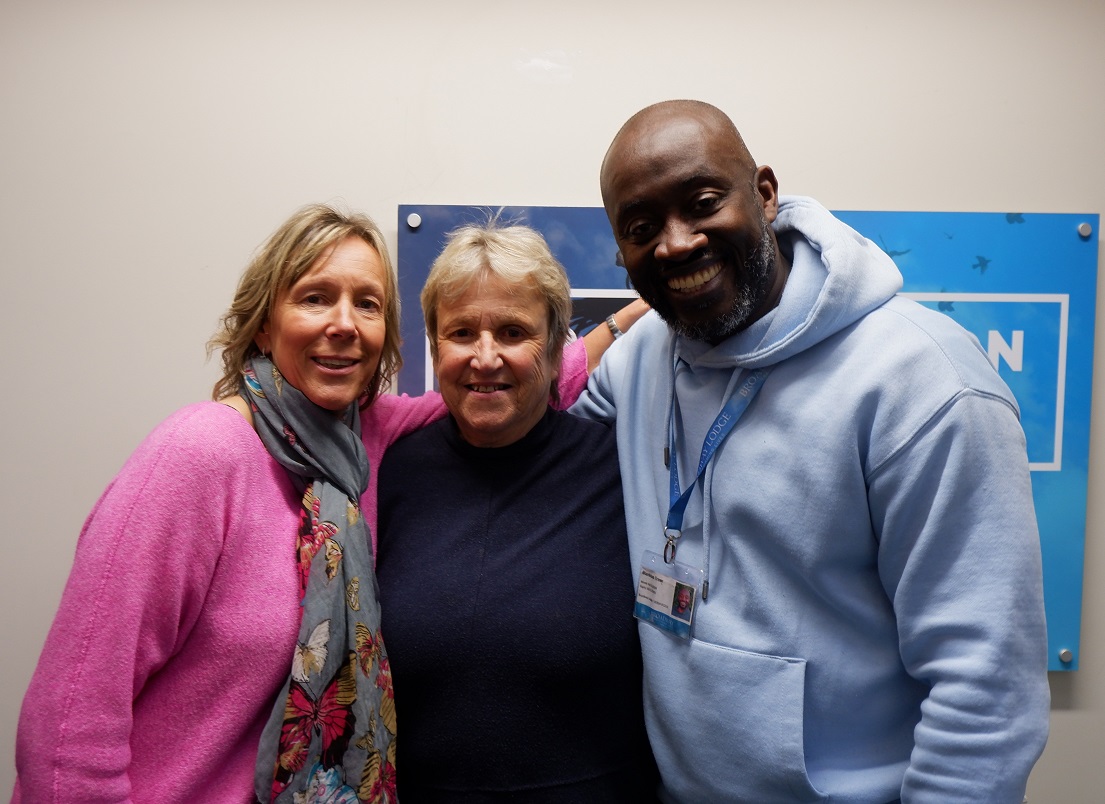Written by Markkus Trew, Head of Treatment & Counselling at Broadway Lodge
What attracts someone to become a counsellor?
I am always fascinated by the reasons why people join the profession of counselling and psychotherapy.
One of the most common reasons people decide to enter the field of counselling is because they have a strong desire to help others and to assist people with the challenges of daily living. Some have been told that they are a good listener, and people feel comfortable confiding in them. Some counsellors feel motivated because helping others to find solutions to their problems can feel really rewarding.
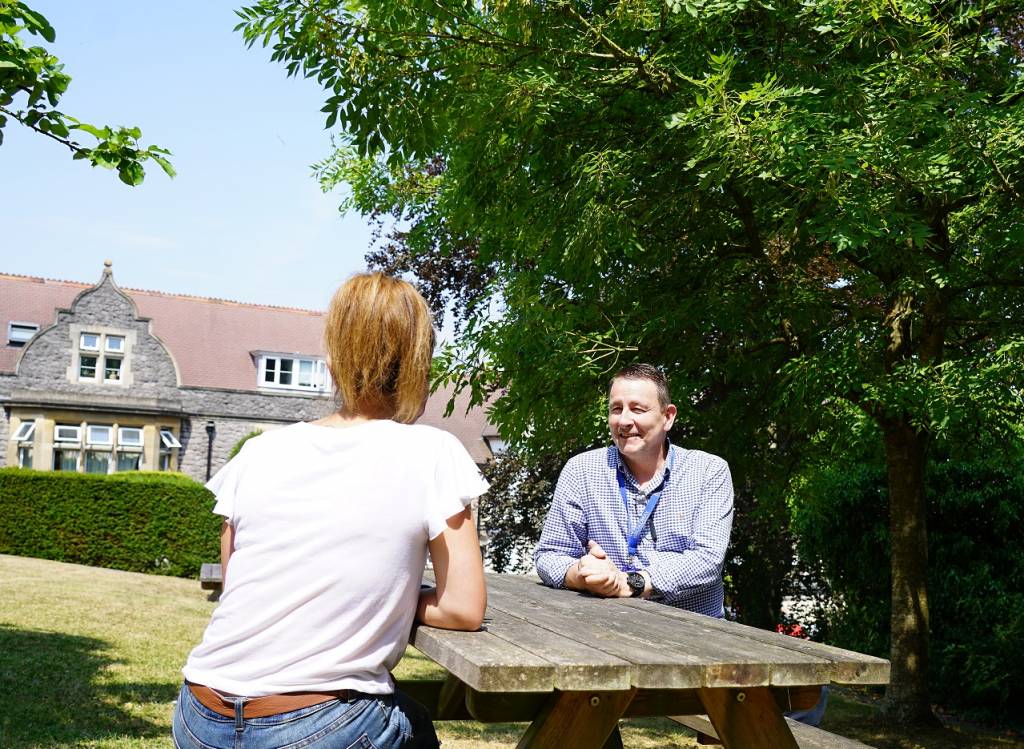
While you won’t always have a solution to every problem, your support and involvement as a counsellor will still make a difference to your clients and their lives. Whilst studying to become a counsellor myself, the tutor said that counsellors are generally wounded healers. ‘Wounded healer’ is a term created by psychologist Carl Jung. The idea states that an analyst is compelled to treat patients because the analyst himself is “wounded.” Therefore, can it be said that counsellors heal themselves via the wounds of their clients? Or do they make better therapists because they can empathise with the wounds of others?
At some point in their lives, many people in this field have had a positive experience with a counsellor or therapist and were inspired by this beneficial personal experience with a counsellor. This is often a strong motivating reason that people choose to enter the counselling field. They want to offer to others the same support and assistance that their counsellor once offered to them.
During training, certain courses will ensure that you have undertaken a number of hours of training for counselling experience as well as receiving a minimum amount of personal counselling yourself. You may be asked to read specific material too. A stalwart of the profession is ‘On Becoming a Person’ by the late Carl Rogers, founder of the humanistic psychology movement who revolutionised psychotherapy with his concept of “client-centered therapy.” His influence has spanned decades and is sometimes seen as the foundation to most therapeutic approaches and is a mainstay of the profession. I imagine this book has been read by the majority of practitioners.
What it’s like to train as a counsellor
Counselling training is so exciting. It’s difficult to explain but as you start to make connections to yourself and why you behave in the way that you do, you get light bulb moments where a counselling theory will resonate with you. It taps into your psyche, intertwines with who you are and completely resonates with the approach you want to lead. I remember that moment well. It was a class where John Bowlby’s theory of attachment was being taught and my head exploded into a million, billion, zillion light bulb pieces as everything began to make sense. My favourite read is ‘A Secure Base’ where Bowlby points out that to be a successful parent means a lot of very hard work. Giving time and attention to children means sacrificing other interests and activities, but for many people today these are unwelcome truths. Bowlby’s work showed that the early interactions between infant and caregiver have a profound impact on an infant’s social, emotional, and intellectual growth. Controversial yet powerfully influential to this day, this book offers important guidelines for child rearing based on the crucial role of early relationships.
Shining a spotlight on past counsellors at Broadway Lodge
My fascination and interest in counselling and psychotherapy has made me want to showcase some of the past Broadway Lodge counsellors whose input and therapeutic work has helped to shape the destiny of Broadway Lodge. Over the next 12 months we will be posting features about some of these former employees who have helped to transform and influence hundreds of lives over the years here.
The first of these features is all about Jennifer Norman (nee McPherson), who worked as a trainee addiction counsellor at Broadway Lodge over 20 years ago and is now a fully fledged psychotherapist, counsellor and life coach. I recently had the pleasure of being interviewed by Jennifer as part of her ‘Conversation with Jennifer’ series which she publishes on her website (www.jennifercassitanorman.co.uk). In this interesting and engaging video series, Jennifer interviews various people and talks about a vast range of topics using her therapeutic and conversational skills to tease out warm, friendly, informative, healthy debate and discussion from her interviewees.
I was fortunate enough to talk about my passion for Attachment Theory and this interview (episode 15), along with the entire Conversation With Jennifer series, can be watched on her website by clicking here or on the image above.
You can find out more about Jennifer’s professional journey by reading our blog, ‘Spotlight on former counsellor Jennifer’, here.


